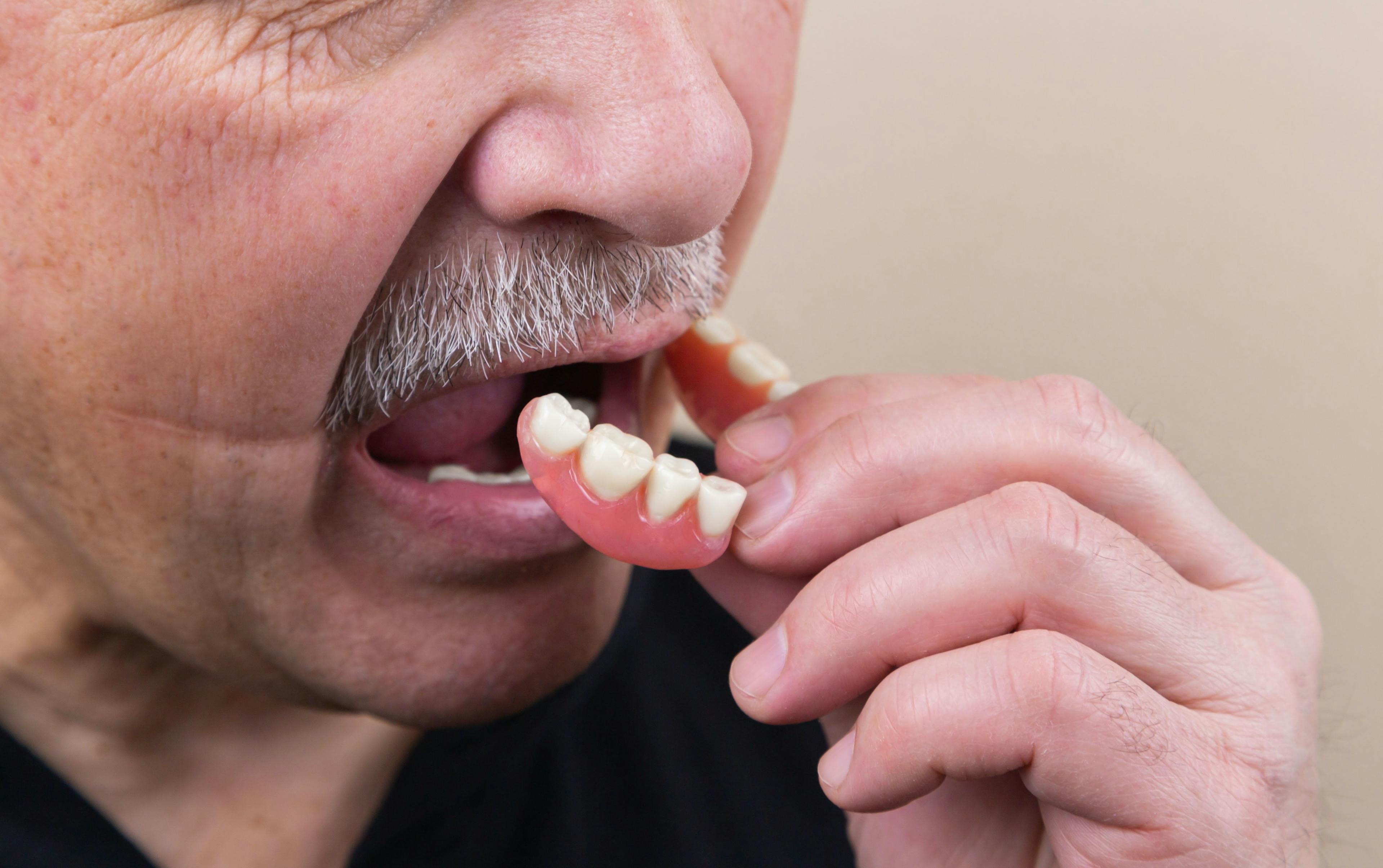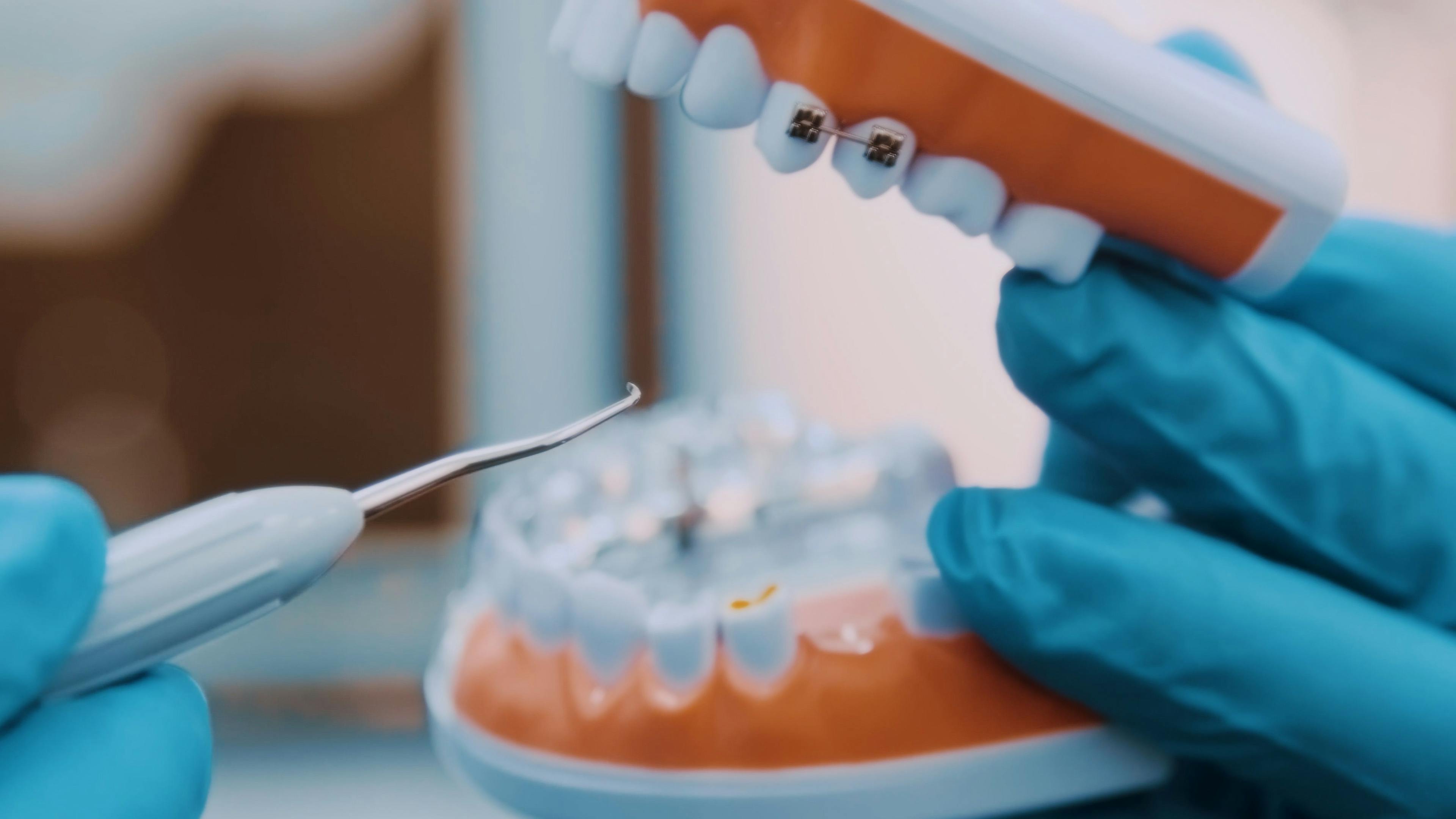What to Expect During Wisdom Teeth (Last Molar) Removal: Procedure and Recovery.

Outline
The extraction of wisdom teeth, also known as third molars, is a common dental procedure that many individuals undergo. If you're scheduled for wisdom teeth removal, it's natural to have questions and concerns about the process. In this article, we'll walk you through what to expect during wisdom teeth removal, from the procedure itself to the recovery period, ensuring you're well-prepared for a smooth and comfortable experience.
Preparing for the Procedure
a. Consultation and Examination
Prior to the procedure, you'll have a consultation with your oral surgeon. They will examine your wisdom teeth and take X-rays to assess their position and determine the best course of action.
b. Anesthesia Options
Depending on the complexity of the extraction and your preferences, you may have different anesthesia options. These can range from local anesthesia to general anesthesia (putting you to sleep), ensuring a pain-free procedure.
The Wisdom Teeth Removal Procedure
a. Incisions and Access
In cases where the wisdom teeth are impacted or haven't fully emerged, your oral surgeon will create small incisions in the gum tissue to gain access to the teeth.
b. Extraction
The wisdom teeth will be carefully extracted using specialized instruments. Your oral surgeon may need to divide the teeth into smaller pieces for easier removal.
c. Suturing and Gauze Placement
After the extraction, the surgical area will be cleaned, and gauze pads will be used to control bleeding and facilitate blood clot formation. Sometimes sutures may be placed to promote proper healing.
Recovery and Post-Operative Care
a. On-chair Aftercare
You'll be provided with detailed instructions to follow after the procedure. This may include biting down on gauze, giving some injections to relieve pain, and applying ice packs to reduce swelling.
b. Care at Home
Medication will be prescribed for pain and infection (inflammation) control, and discipline with these medications is advised. Swelling and discomfort are common after wisdom teeth removal. Applying ice packs and taking prescribed anti-inflammation medications can help alleviate these symptoms.
c. Oral Hygiene and Diet
It's important to maintain proper oral hygiene during the recovery period. Your oral surgeon will advise you on when and how to brush your teeth and rinse your mouth. Sometimes a specific mouthwash is also given/prescribed. Additionally, you'll be given dietary guidelines to follow, such as sticking to soft foods and avoiding hot or spicy substances.
d. Follow-Up Appointment
A follow-up appointment will be scheduled to monitor your healing progress and to remove any sutures if placed.
Conclusion
Understanding what to expect during wisdom teeth removal can alleviate anxiety and ensure a smoother recovery. By following the instructions provided by your oral surgeon, taking prescribed medications on time, and practicing good oral hygiene, you can minimize discomfort and promote proper healing. If you have any questions or concerns during the recovery period, don't hesitate to reach out to your oral surgeon. Remember, their expertise and guidance are crucial for a successful wisdom teeth removal experience.

